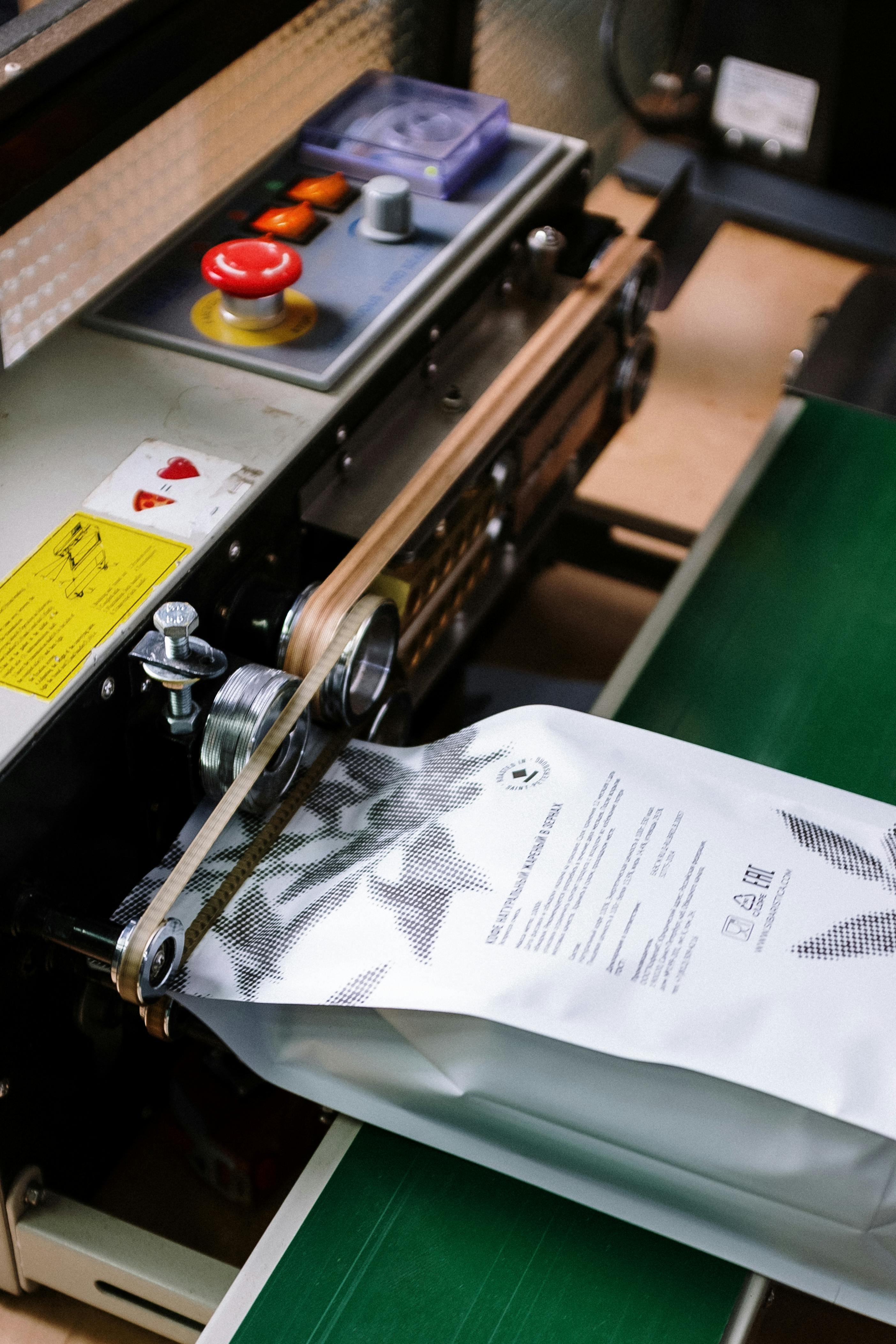Preparing for the end of the transition period between the European Union and the United Kingdom
The changes in foreign trade administrative practices expected by the turn of the year end
Published by Matteo Olivieri. .
Brexit Export Free trade agreements Market AccessibilityThe United Kingdom of Great Britain and Northern Ireland left the European Union on 1 February 2020. However, in accordance with the withdrawal agreement, Union law continues to be applicable to the United Kingdom for a transitional period until 31 December 2020.
During the transition period, the United Kingdom continues to participate in the Single Market and the EU customs union, to benefit from the policies and programmes of the Union, while respecting the obligations of international agreements to which the Union is a party. Starting from 2021, there will automatically be far-reaching changes and consequences for citizens, consumers, businesses, public administrations, investors, students and researchers.
It is likely that, at the end of the transition period, barriers to trade in goods and services, mobility and cross-border trade, which are currently non-existent, will be created. This will happen in both directions, i.e. both from the United Kingdom to the Union and from the Union to the United Kingdom.
It is essential that all stakeholders are aware of this and that they strive to be ready to face these far-reaching changes. We will discuss below the main aspects to be taken into account with regard to the exchange of goods. In particular:
- Formalities, checks and customs controls
- Customs and tax regulations for the import and export of goods (tariffs, VAT, excise duties)
- Certificates and product approvals, establishment, labelling and marking requirements
CUSTOMS FORMALITIES, CHECKS AND CONTROLS
Upon exit from the Union, customs formalities will apply to all goods entering the customs territory of the Union from the United Kingdom or vice versa.
This will also be the case if an ambitious free zone with the United Kingdom is established (trade with zero tariffs and quotas on goods and customs and regulatory cooperation).
As far as the EU is concerned, customs authorities will carry out controls in accordance with the common risk-based system applied at all other external borders of the Union with regard to the movement of goods. These controls are likely to lead to increased administrative burdens for businesses and longer delivery times in logistics chains.
From 1 January 2021 EU businesses wishing to trade with the UK must have an Economic Operator Registration and Identification Number (EORI) in order to carry out customs formalities. In addition, the status of authorised economic operator granted by the United Kingdom and other authorisations issued by the United Kingdom will cease to be valid in the EU.
CUSTOMS AND TAX LEGISLATION FOR THE IMPORT AND EXPORT OF GOODS
During the transitional period, the UK is part of the EU Customs Union, and of the territory of the EU with regard to VAT and excise duties. From 1 January 2021, it will be necessary to prove the originating status of the goods covered by this Regulation, in order to be entitled to preferential treatment in the framework of a possible future agreement between the EU and the UK.
Goods that do not meet the origin requirements will be subject to customs duties even if there is a trade agreement between the EU and the UK with zero tariffs and quotas. The new situation will also affect trade between the EU and its preferential partners, as the UK's content (in terms of material transactions and transformation) will become, in the context of the Union's preferential arrangements, "non original" for the purpose of determining the preferential origin of goods.
Value-Added Tax (VAT) will be payable at the time of import from the United Kingdom of goods brought into the territory of the European Union, at the rate of applicable to supplies of the same goods within the Union.
Goods exported from the Union to the United Kingdom will be exempt from VAT where they are dispatched or transported to the United Kingdom, as would be the case for any other destination outside the UK of the European Union.
As with all imports from third countries into the Union, excise duties on products for which they are due (alcoholic beverages, tobacco products, etc.) will be payable at the time of import into the Union and must be paid when the goods are placed on the market. In the future, imports from the UK could be
also subject to anti-dumping, countervailing or safeguard measures in the framework of the EU trade defence policy.
PRODUCT CERTIFICATES AND AUTHORISATIONS, ESTABLISHMENT, LABELLING AND MARKING REQUIREMENTS
During the transition period, the United Kingdom participates in the Single Market, including for goods, which can be traded freely with the European Union. From 1 January 2021, the Union and the United Kingdom will constitute two separate areas from a regulatory and legal point of view.
This means that all products exported from the European Union to the United Kingdom or vice versa will have to be compliant with UK/EU regulations, and standards and will be subject to all checks and all controls of compliance with the regulations applicable to imports, technical regulations, safety, health and environmental standards.
- Certificates and authorisations issued by UK-based authorities or bodies will no longer be valid for placing products on the EU market.
- EU legislation may require products to be registered in EU databases. Such registration may be made by the importer into the EU or by an authorised representative of the UK manufacturer.
- EU legislation may also require certain economic operators or other natural or legal persons to be established in the EU, not recognising their establishment in the UK. This means that it will be necessary for the authorised/responsible representative to move from the United Kingdom to the EU or, alternatively, a new authorised/responsible representative established in the EU will have to be appointed.
- The marking or labelling of goods placed on the EU market by bodies or persons established in the United Kingdom will no longer comply with EU labelling requirements.
Finally, EU rules prohibiting or restricting the import/export of goods for reasons of public order, health protection, safety and the environment will apply to trade with the UK as well as with any third country.
This article was taken from the website of the European Commission.
For more information, please refer to the specific documentation in the Country Report: United Kingdom of the series ExportPlanning-IMA (International Market Accessibility).


